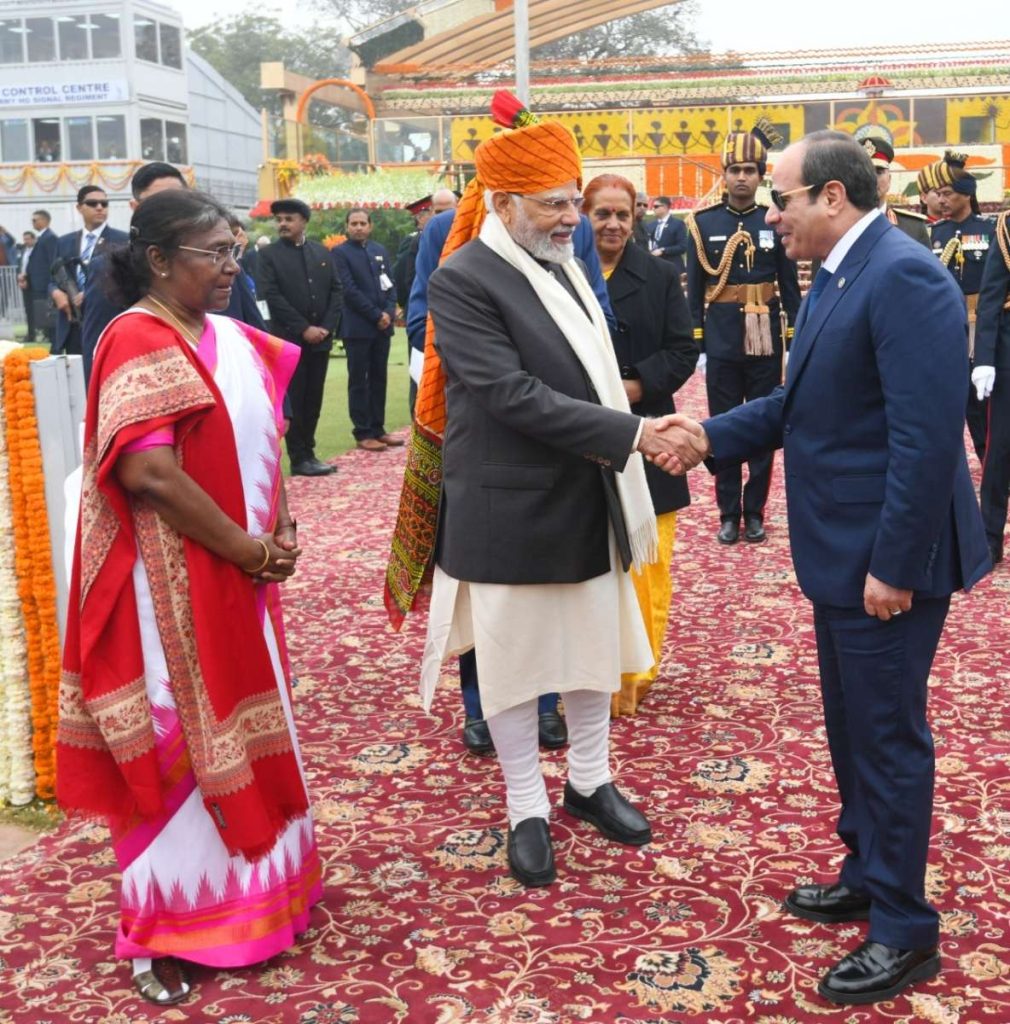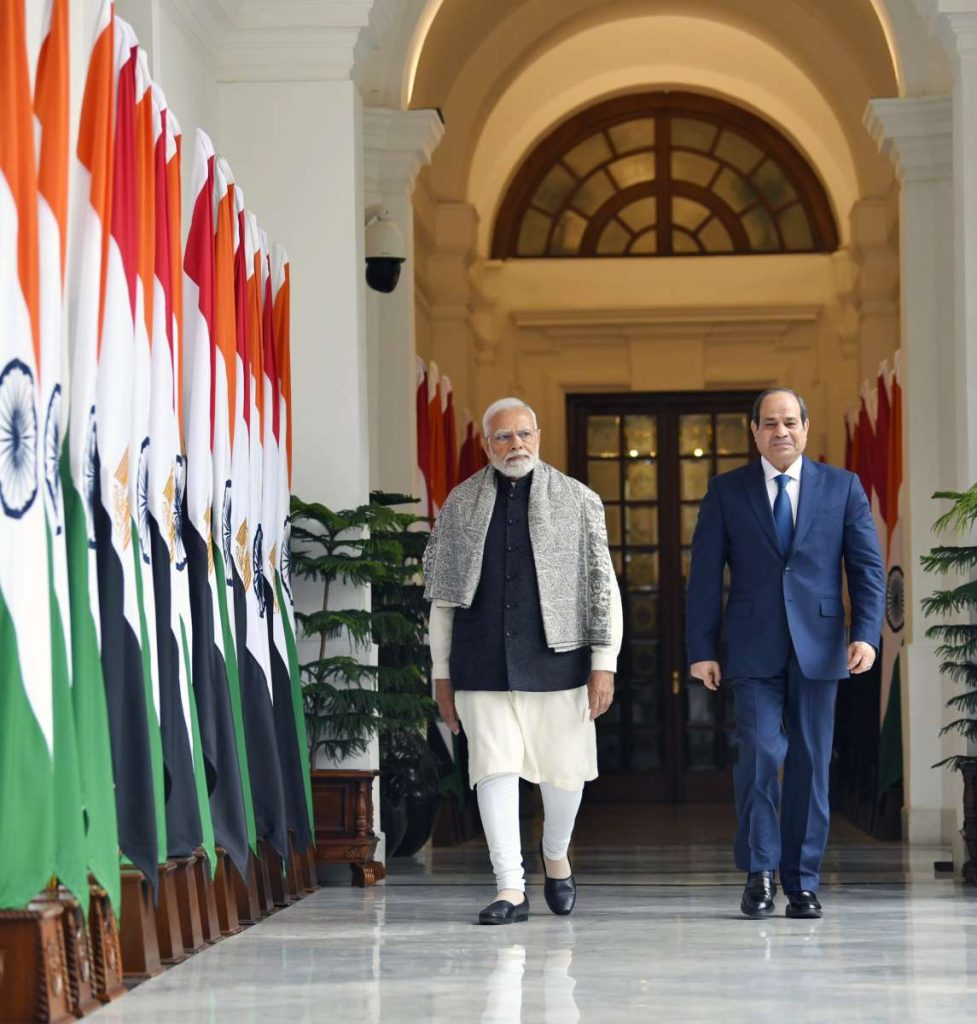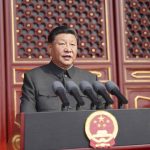Disaggregated by regions, about 46.9 per cent (USD 28.8 billion) of China’s rail construction contracts were concentrated in Asia…reports Asian Lite News
China attaches great importance to the railway projects it funds across the world under the Belt and Road Initiative in order to strengthen its economic, political, and cultural linkages with partner countries, reported ChinaPower.
As of 2020, the BRI includes 138 countries with a combined GDP of some USD 29 trillion and 4.6 billion people and of the 34 countries that signed rail construction contracts with China, 29 are involved in the BRI. Middle-income countries have attracted most of China’s rail construction contracts since 2013. Lower middle-income countries took in 41.7 per cent (or USD 25.7 billion) of all contracts, while upper middle-income countries took in 29.1 per cent (or USD 17.9 billion). The remainder was split among other economies, reported ChinaPower.
Disaggregated by regions, about 46.9 per cent (USD 28.8 billion) of China’s rail construction contracts were concentrated in Asia. Within the region, the lion’s share (61.1 per cent) of contracts went to nine Southeast Asian countries.
In Malaysia, the top recipient in the region, China is constructing the East Coast Rail Link, which will stretch some 640 km and cost a total of USD 10.6 billion, reported ChinaPower.
Africa received the second-highest amount of rail contracts from 2013-2019. At USD 20.8 billion, this accounted for 33.8 percent of the total. Similar to Asia, the largest contracts in Africa are concentrated in a few countries.
About USD 7.5 billion worth of rail-related construction contracts (36.1 per cent of the amount in Africa) were signed with Nigeria, where China is constructing a series of lines that comprise the 1,300 km-long Lagos-Kano Railway Modernization Project. This massive undertaking has made Nigeria the world’s top recipient of Chinese rail construction contracts during the 2013-2019 period, reported ChinaPower.
Chinese leaders have made rail projects an important element of the BRI. In a 2014 speech, Chinese President Xi Jinping stated, “China attaches great importance to the railway and highway projects linking China to… neighboring countries,” and added, “These projects will enjoy priority consideration in the planning and implementation of the ‘Belt and Road’ Initiative.”
In Pakistan, under CPEC, China will be part of USD 6.8 billion project to upgrade 2,655 km of the country’s existing railway lines. In Southeast Asia, China is pursuing one of its most ambitious BRI projects, the Kunming-Singapore Railway (also known as the Pan-Asian Railway). If completed, the railway would consist of three major corridors extending some 3,000 km from the southern Chinese province of Kunming down to Singapore, passing through Laos, Thailand, and Malaysia, reported ChinaPower.
Successful completion of these and other rail construction projects would significantly deepen connectivity between China and its neighbors, potentially boosting Beijing’s geopolitical and geoeconomic clout while shoring up China’s domestic economy.
For example, once completed, the Kunming-Singapore line is expected to increase two-way trade and tourism flows between southern China and mainland Southeast Asia. This would leave Southeast Asian countries more economically reliant on China, providing Beijing with additional leverage in the region. At the same time, the increased cross-border activity would promote economic growth in China’s less-developed border regions – a key goal of the BRI, reported ChinaPower.
Importantly, railway construction projects also help to open up new markets for Chinese companies. According to CGIT data, two Chinese SOEs in particular have benefited from rail construction projects abroad.
China Railway Construction Corporation signed 21 rail construction contracts worth USD 19.3 billion, accounting for nearly one-third of the global total during the 2013-2019 period. China Railway Engineering Corporation signed 19 contracts worth USD 12.9 billion, amounting to roughly one-fifth of the value of all contracts, reported ChinaPower.
While rail construction projects could benefit Beijing politically and economically, some projects have faced setbacks and criticism. Surveys indicate that rail and other infrastructure projects have had mixed impacts on China’s international image.
Several rail projects have also been criticized as instruments of “debt-trap diplomacy,” wherein China purportedly seeks to gain leverage over developing countries by burdening them with unsustainable debt. (ANI)













